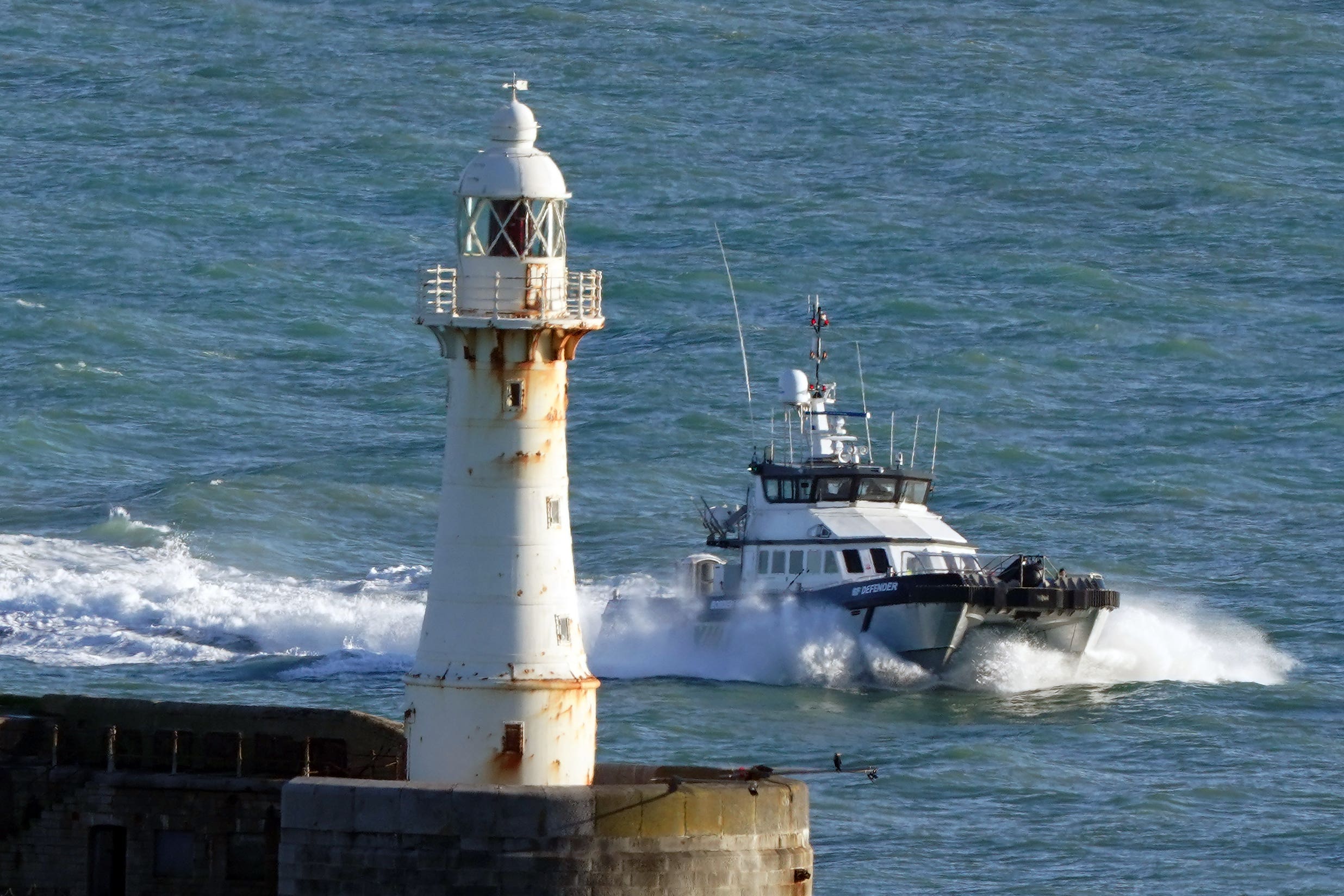Demonising Albanian refugees shows the absurdity of the asylum system
Editorial: Quite apart from the moral and legal obligation to offer asylum to people fleeing war and dislocation, the inconvenient truth is that Britain has too little migration rather than too much

In his interview with Piers Morgan to mark his 100 days in office, the prime minister was keen to show how much progress he is making on the most chaotic of his five pledges – the bold claim that he will “stop the boats”.
Mr Sunak pointed to the new patrols that the French authorities are carrying out along their northern coastline (at some considerable cost to the British taxpayer), and he made a particular point of his focus on arrivals from Albania: “I’ve got a brand new deal with Albania. Albania accounted for 30 per cent of all illegal migrants.”
“Yeah, that’s ridiculous,” Mr Morgan responded, which is correct, though not necessarily in the way he meant.
The paradox of much migration to the UK is that, on the one hand, there are people desperate to come, work hard and make an honest life for themselves; but on the other hand, the UK is expending vast amounts of money and resources to prevent them doing so, even with a raging labour shortage that is strangling economic growth.
Quite apart from the moral and legal obligation to offer asylum to people fleeing war and dislocation, which can often shade into poverty and economic migration, the inconvenient truth is that Britain has too little migration rather than too much. That is the most “ridiculous” aspect of the present situation, and the Albanians making their perilous joiner across the English Channel are a case in point.
The demonisation and victimisation of the Albanians highlight the absurdities. As we report, the Home Office is proud of its new units that are specifically designed to fast-track Albanian asylum applications, with a view to deporting the great majority of them under an agreement with the Albanian government.
It is discriminatory, and thus strictly unlawful under the European Convention on Human Rights (ECHR), and it tends to stigmatise people from one country. Like other people, they are routinely and demeaningly described as “illegals”, though there is no such thing under ECHR because everyone has a right to claim asylum (though not necessarily for it to be granted).
Albanians, though, are also “othered” by being labelled gangsters and criminals, allegedly falsely claiming help under the Modern Slavery Act. In reality, they are more likely to be innocent people being smuggled as stock-in-trade by some Albanian groups active in northern France, according to the British authorities.
Some of the Albanians will be getting away from violence in their own country, and some women may be subjected to sexual exploitation. Many of the men, though, will merely be seeking work and an escape from grinding poverty.
Within the narrow confines of Suella Braverman’s thinking, targeting Albanians for fast-track deportation is a visible and easy political “win”, given the impracticalities and expense of the Rwanda scheme. For Ms Braverman and Mr Sunak, it is a symbol of success; another step in the campaign to “stop the boats”.
Yet the reality is perverse. The long delays in the asylum system have allowed some Albanian people to come to Britain and use the many months it takes for a claim to be assessed to work in the informal economy, for example on building sites desperate for workers.
This is precisely the kind of post-Brexit problem the new much-vaunted points-based immigration system was supposed to solve: matching the supply and demand for labour, both unskilled and skilled. The would-be Albanian building workers don’t seem to qualify for – nor be encouraged to apply for – work permits through a safe and secure channel.
If they were aware of a safe route to the UK, starting with an allocation online in Albania itself, the “business model” that feeds the trafficking would be rendered obsolete. It seems a rational way to deal with at least one of the myriad challenges in the immigration and asylum system, and a significant one if the estimates of the high proportion of Albanians in the dinghies are to be believed. Perhaps someone in government will one day join the dots.






Join our commenting forum
Join thought-provoking conversations, follow other Independent readers and see their replies
Comments